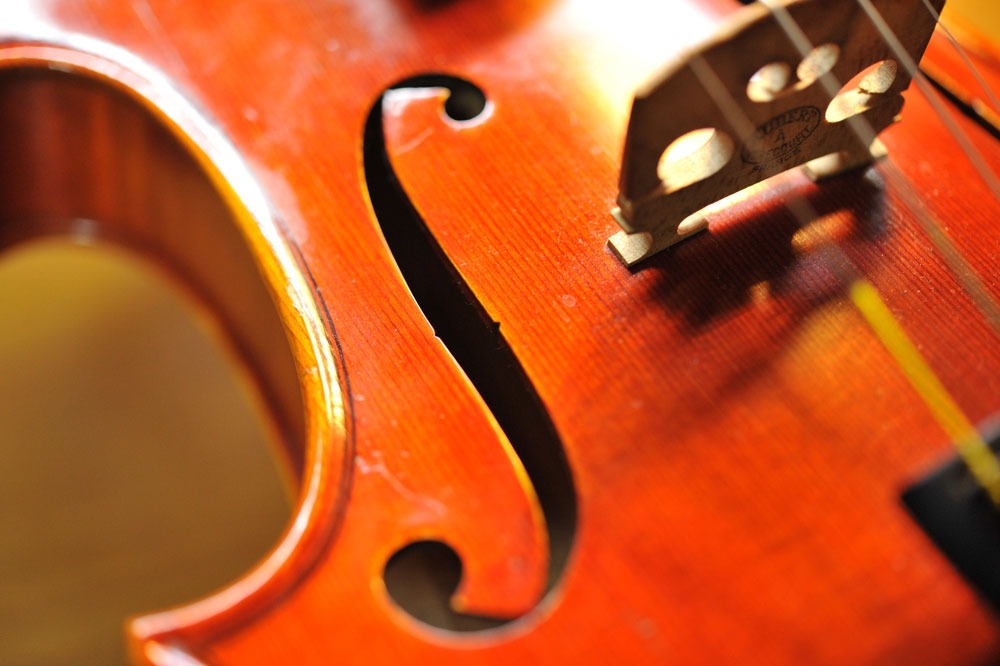
July 28, 2020; Newsweek
On July 11th in San Diego, a nonprofit named Mainly Mozart presented a series of live octets by Mozart and Mendelssohn in the parking lot at the Del Mar Thoroughbred Club. It was the first drive-in classical concert in the States since the start of the pandemic, and its reviews were great even with the predictable technical difficulties one might be faced with. Christian Hertzog at the San Diego Tribune wrote, “Eight musicians happily collaborating and communing was a joy that transcended any small sound equipment difficulties.”
Martin Chalifour, concertmaster of the Los Angeles Philharmonic and a violinist himself, appears almost ecstatic about the two shows performed for 70 cars at a time. The shows were sold out—if you can say that about a donations-only show.
“It’s been really tough for those of us that are ensemble players,” Chalifour said in an article in the San Francisco Classical Voice. “But finally, after months of being frustrated we have these concerts to look forward to.”
Sign up for our free newsletters
Subscribe to NPQ's newsletters to have our top stories delivered directly to your inbox.
By signing up, you agree to our privacy policy and terms of use, and to receive messages from NPQ and our partners.
Chalifour calls the choice of string instruments well considered. “Vocals and wind players will typically need a transparent shield around them to protect others, or a huge distance.”
“We were glad to experience making music together, using our sense of timing and being able to play with spontaneity,” Chalifour says—allowing, however, that the honks of horns as substitute standing ovations were pretty loud.
Chalifour says that even though there have been some more restrained and small events primarily for donors this summer, “A drive-in concert where everybody expresses their enthusiasm (with car horns and bright headlights) is much more exciting. It’s about the shared experience between players and audience!”
“They’re also so much fun. I could see them making a big comeback even when social distancing requirements loosen,” he says.—Ruth McCambridge











